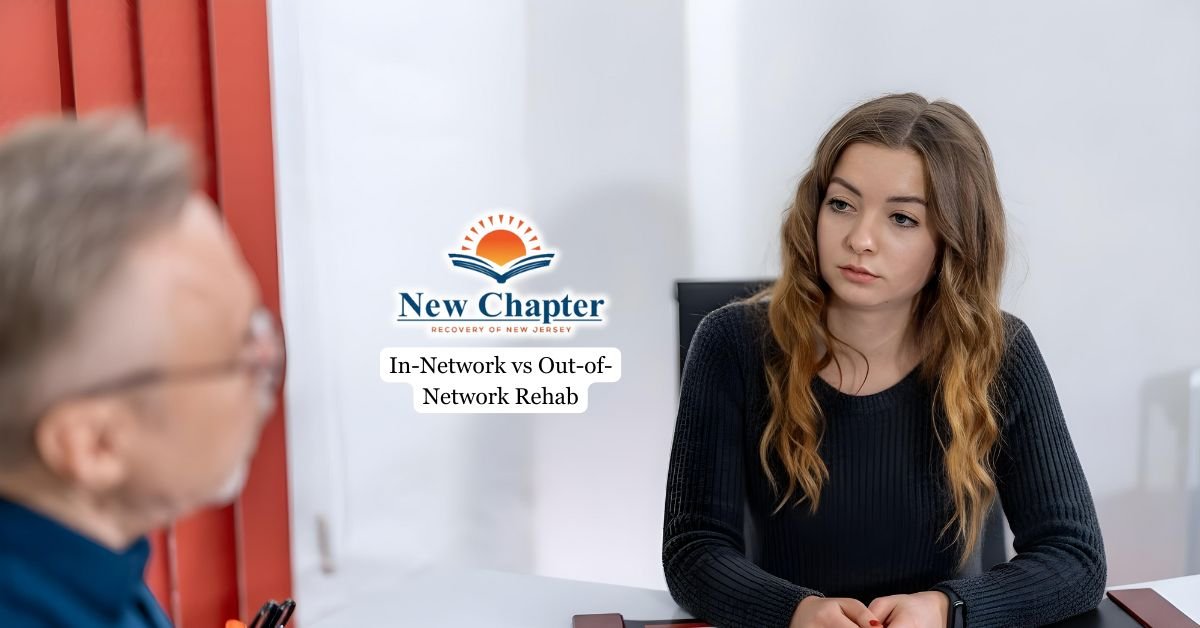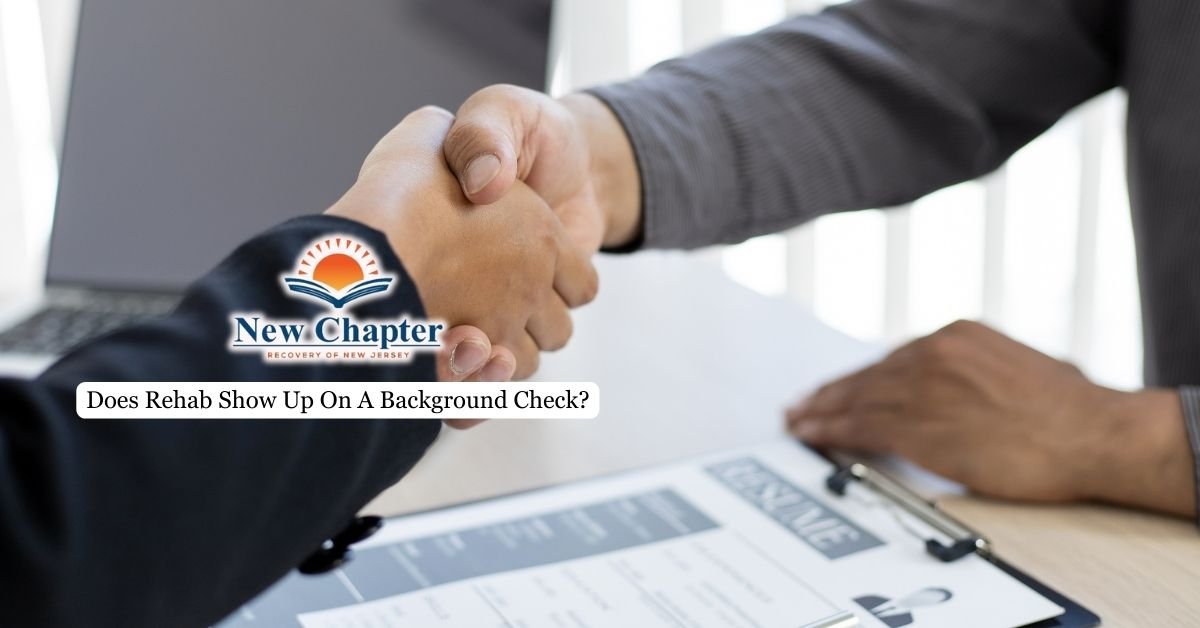Navigating the journey to addiction recovery is complex, requiring a combination of professional support and personal dedication. For many individuals, Intensive Outpatient Programs (IOPs) provide a flexible yet structured approach to treatment, allowing them to manage their daily responsibilities while receiving essential support. Understanding the typical schedule of an IOP is vital for those considering this treatment option, as it offers insight into the balance of therapy, education, and personal development that these programs provide.
In this article, we will delve into the components of a standard IOP schedule, highlighting how these programs are designed to promote recovery and resilience in a supportive environment.

Typical Daily Schedule
A typical day in an IOP for addiction treatment involves attending structured sessions 3-5 days a week, totaling at least 9 hours of treatment per week.
The IOP schedule is designed to accommodate your daily responsibilities, with sessions often held in the morning from 9 a.m. to noon or in the evening from 6 p.m. to 9 p.m. During each 2-5 hour session, you’ll engage in various therapeutic activities as part of your intensive outpatient treatment plan.
Our team of addiction specialists in New Chapter Recovery provides Intensive Outpatient Programs in NJ, which are designed to help anyone overcome addiction through spiritual healing and evidence-based approaches.
Components of an IOP Schedule
Each component of the IOP plays a crucial role in supporting your recovery journey and helping you build the skills needed for long-term success.
Group Therapy
In an IOP you’ll participate in 24 group therapy sessions over the course of eight weeks, providing structured support and education for your recovery journey. Each session lasts 90 minutes and can include both educational topics, such as relapse prevention and social skills, as well as process groups where you can share your personal experiences with others in recovery.
You’ll attend group therapy 3-5 days a week, allowing for regular interaction and support from peers facing similar challenges. The optimal group size for IOP is generally between 6-15 participants, creating a close-knit environment for sharing and growth.
The IOP schedule offers flexibility, letting you choose morning or evening sessions to accommodate your personal and professional commitments. Throughout the program, you’ll gain valuable insights and tools to support your ongoing recovery, while building meaningful connections with others who understand your journey.
Although completing an IOP is a major step towards sobriety, it’s also important to know What Happens After an IOP for Addiction Recovery.
Individual Therapy
In an IOP for addiction treatment, you’ll typically have a minimum of three individual therapy sessions, with the option for additional sessions based on your specific needs. These one-on-one sessions offer personalized attention, allowing you to delve deeper into personal issues related to addiction and recovery.
During individual therapy, you’ll have the opportunity to discuss your experiences, challenges, and progress in a private setting.
Your therapist will provide tailored feedback and guidance, helping you develop effective coping strategies to navigate the challenges of recovery.
These sessions are coordinated with group therapy and your overall treatment plan, ensuring a comprehensive approach to your recovery.
Read more about the Benefits of Choosing an IOP for Addiction Treatment and make an informed decision which is suitable for your circumstances.
Family Therapy
Family therapy is an essential component of an IOP schedule, providing a platform for your loved ones to engage in the recovery process. These sessions, typically occurring 1-2 times per month, focus on addressing relational dynamics that may contribute to substance use or mental health issues. They aim to enhance communication and support among family members, ensuring that you have a strong foundation for your recovery journey.
During family therapy, your loved ones will learn about addiction and recovery, understanding their role in creating a supportive home environment. By strengthening family bonds and fostering open dialogue, these sessions help to build a network of support that’s crucial for your long-term success.
Family therapy is seamlessly integrated into the overall IOP structure, working alongside individual and group therapy to provide a comprehensive approach to treatment.

Psychoeducational Sessions
These sessions, typically conducted in a group setting, delve into essential topics such as addiction education, relapse prevention techniques, and coping skills.
You’ll gain valuable insights into the nature of substance use and its impact on mental health, empowering you to make informed decisions about your recovery journey.
Each psychoeducational session usually spans around 90 minutes, providing ample time to explore various aspects of addiction and recovery. You’ll learn practical strategies for managing stress, regulating emotions, and navigating the challenges that may arise during your recovery process.
Psychiatruc Care and Medication Management
You’ll typically have regular visits with a psychiatrist 1-2 times a month to monitor your mental health status and medication effectiveness. This medication management ensures you receive appropriate prescriptions and adjustments based on ongoing assessments and individual needs.
Your therapists and psychiatrists work together in a collaborative approach, integrating medication management into your overall treatment plan.
They’ll provide medication education to help you understand the purpose, benefits, and potential side effects of prescribed medications.
If you experience severe mental health issues, the frequency of psychiatric visits may increase to ensure timely support and intervention.
Final Thoughts from New Chapter Recovery
It is important to note that the frequency and duration of these components may vary, but typically, patients attend the program several days a week for a few hours each day. As patients progress in their recovery, the intensity of the program may gradually decrease, allowing for a smooth transition back to daily life. In New Chapter Recovery we strive to provide our patients the care they truly deserve. Our IOPs for addiction treatment are properly structured, yet still allow you to maintain your daily responsibilities. By engaging in this combination of therapy, education, and skill-building activities, participants can work towards sustainable recovery and improved overall well-being.






